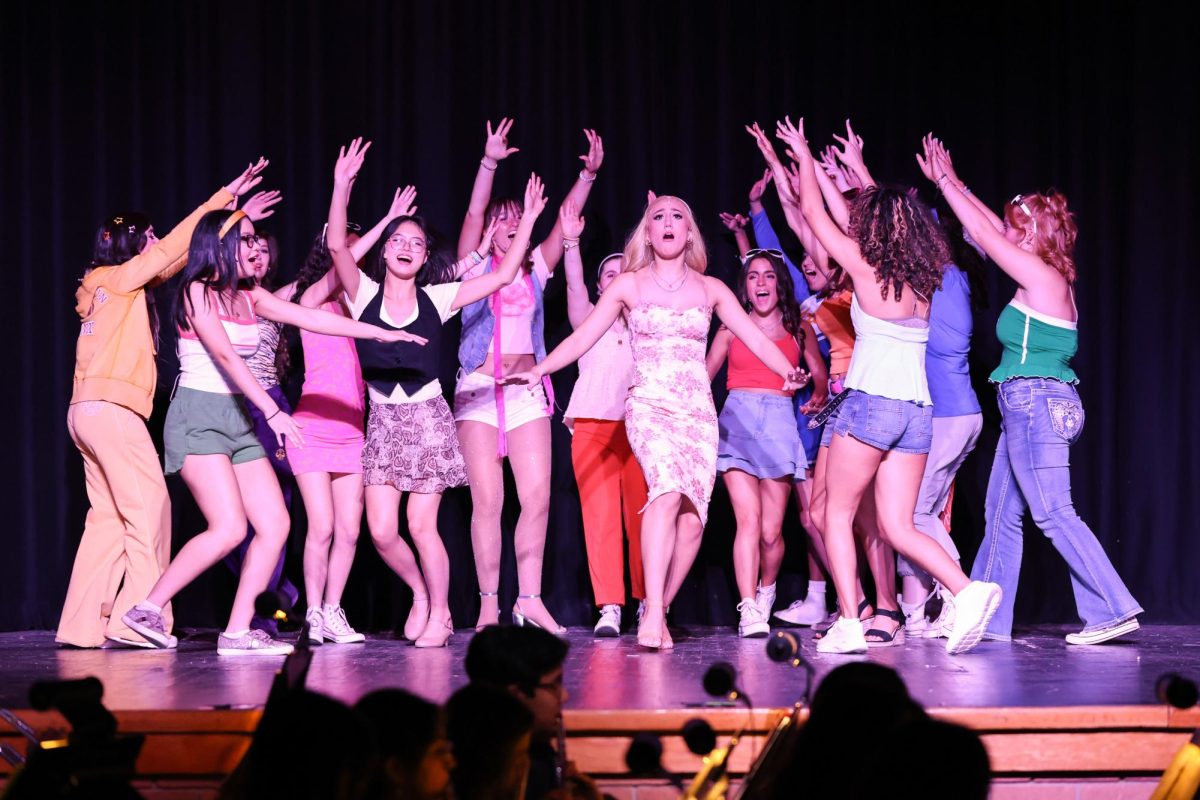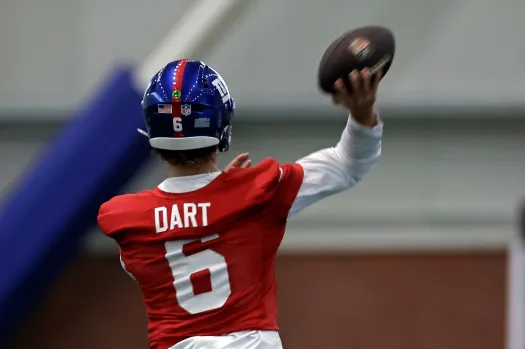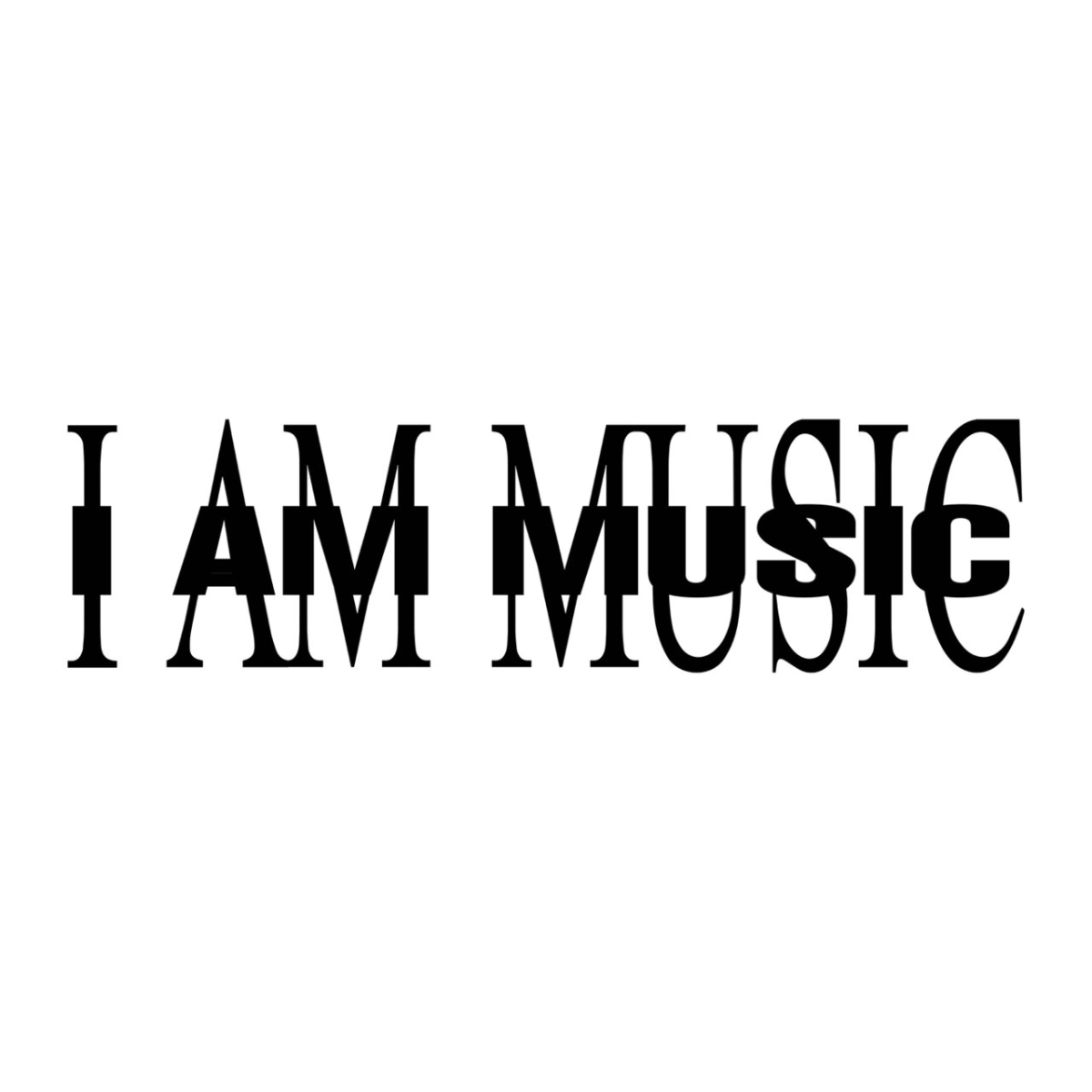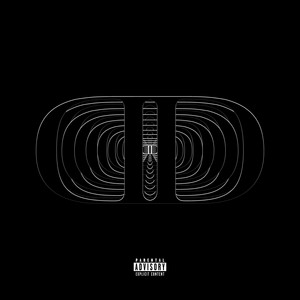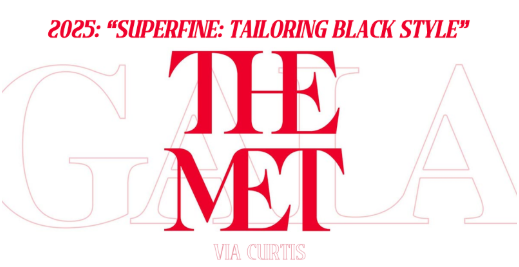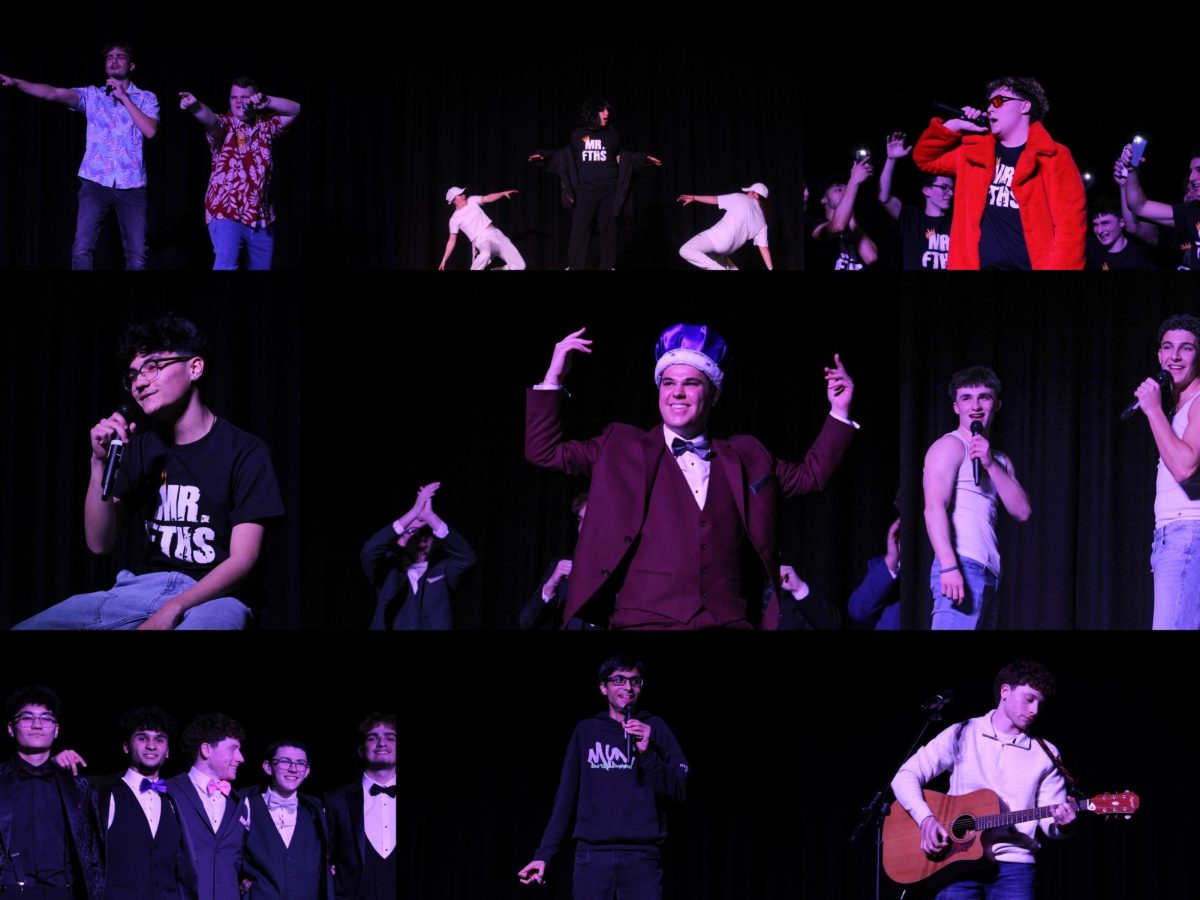How TikTok has Unexpectedly Changed the Music Industry
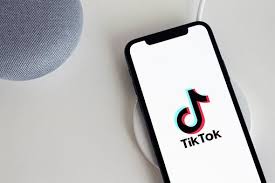
November 3, 2020
If you are on the internet in this day and age, it is likely that you have at least heard of the video sharing app “TikTok”. TikTok is a video sharing app where users can record videos to popular “sounds” in attempts to go viral on the platform. For better or for worse, the popular video app has captured teen’s attention and even caused some lucky teens to go viral and have their 15 minutes of fame. The app has even jump started the careers of a lucky few teens, setting them up for successful lives. But, the app has also had some unexpected effects on the way that we listen to music. And no, I am not just talking about the lucky artists and bands that have had their songs gain immense success from the platform- I am referring to the music industry as a whole.
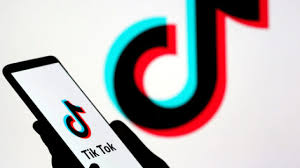
Of course, the music industry has gone through a myriad of predictable changes since its inception. For example, changes in popular genres, popular artists, or popular producers. But, one unpredictable change that TikTok has incited was the drastic shortening of song lengths.
As I’m sure many of you are aware of, TikTok relies on popular “sounds” that users can make videos to. These “sounds” are often 15-60 second clips of songs. Typically, if a “sound” of a certain artist’s song goes viral, that artist will receive more streams on their song. More streams means more money, and what artist doesn’t want that? So, the artist then produces more music in hopes that the new music will also go viral, and thus the endless cycle begins. Some artists that have become successful off of a TikTok “sound” in this way are Doja Cat, 100 Gecs, Conan Gray, Tame Impala, and many more. Many new artists will release music for the sole purpose of being viral TikTok sounds, sacrificing their artist integrity for streams and money.
But, these viral sounds are often way shorter than the full songs, since these sounds can only be 15-60 seconds long. As a result of this, artists are releasing tunes that are shorter in length than ever before. According to the Billboard Music Chart, in the early 2000s, the average song was around 4 minutes and 30 seconds. In 2015, the average song reached 3 minutes and 30 seconds. In 2020, the average song is almost down to an alarming 3 minutes.
Of course, this is not an inherently bad thing. But, it is interesting to see this unexpected result of the social media platform. It also raises the question, how much shorter will sings be in the years to come? If the average song length reaches 2 minutes and 30 seconds, what does that mean for the future of music?
Overall, TikTok has only been around for a few years and it has already drastically changed the music industry. From jump starting music careers to shortening the lengths of songs, it is unclear if TikTok is a blessing or a curse. What else is the app capable of? What is in store for the future of the music industry? Well, we will just have to wait and find out!









